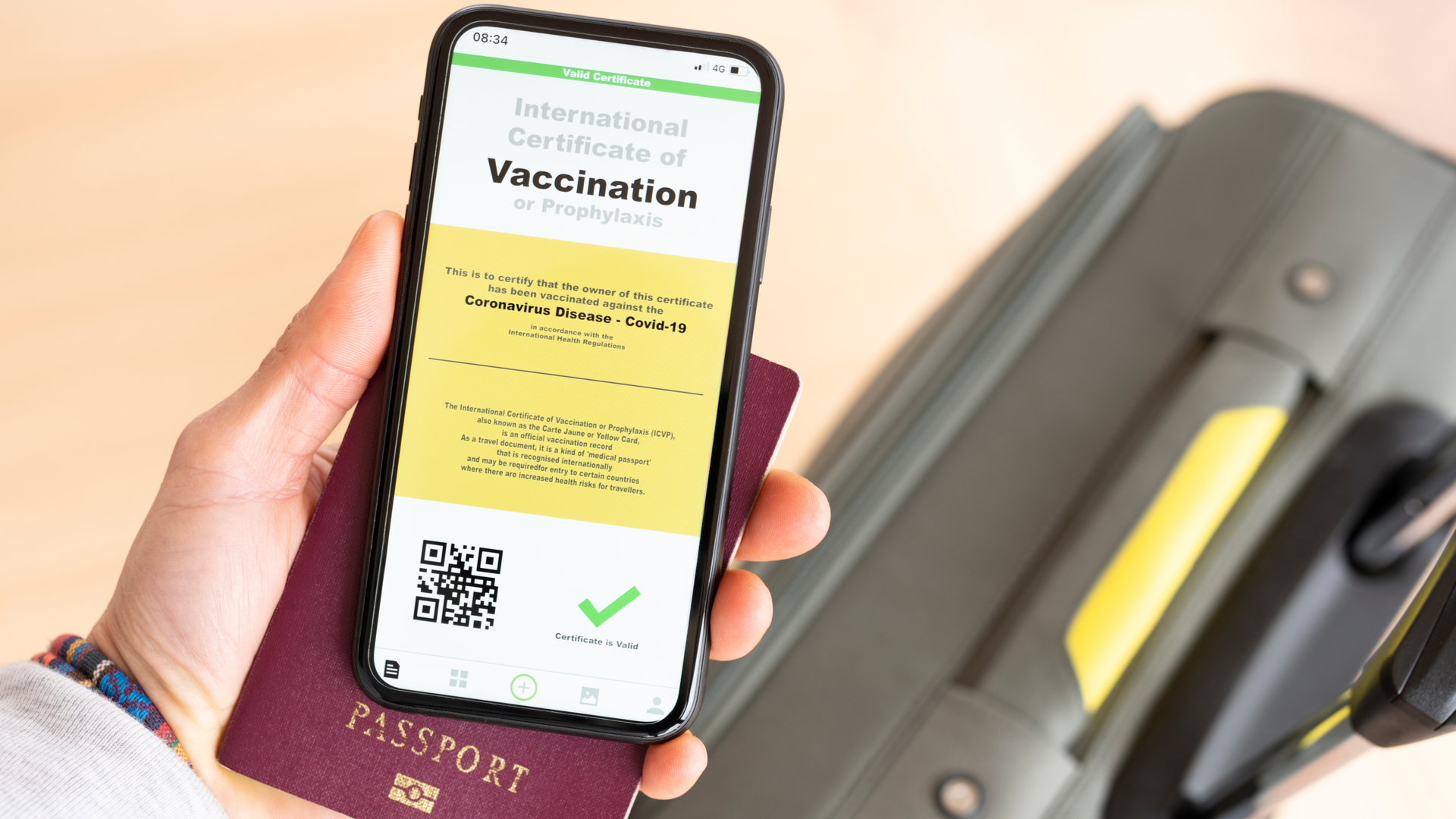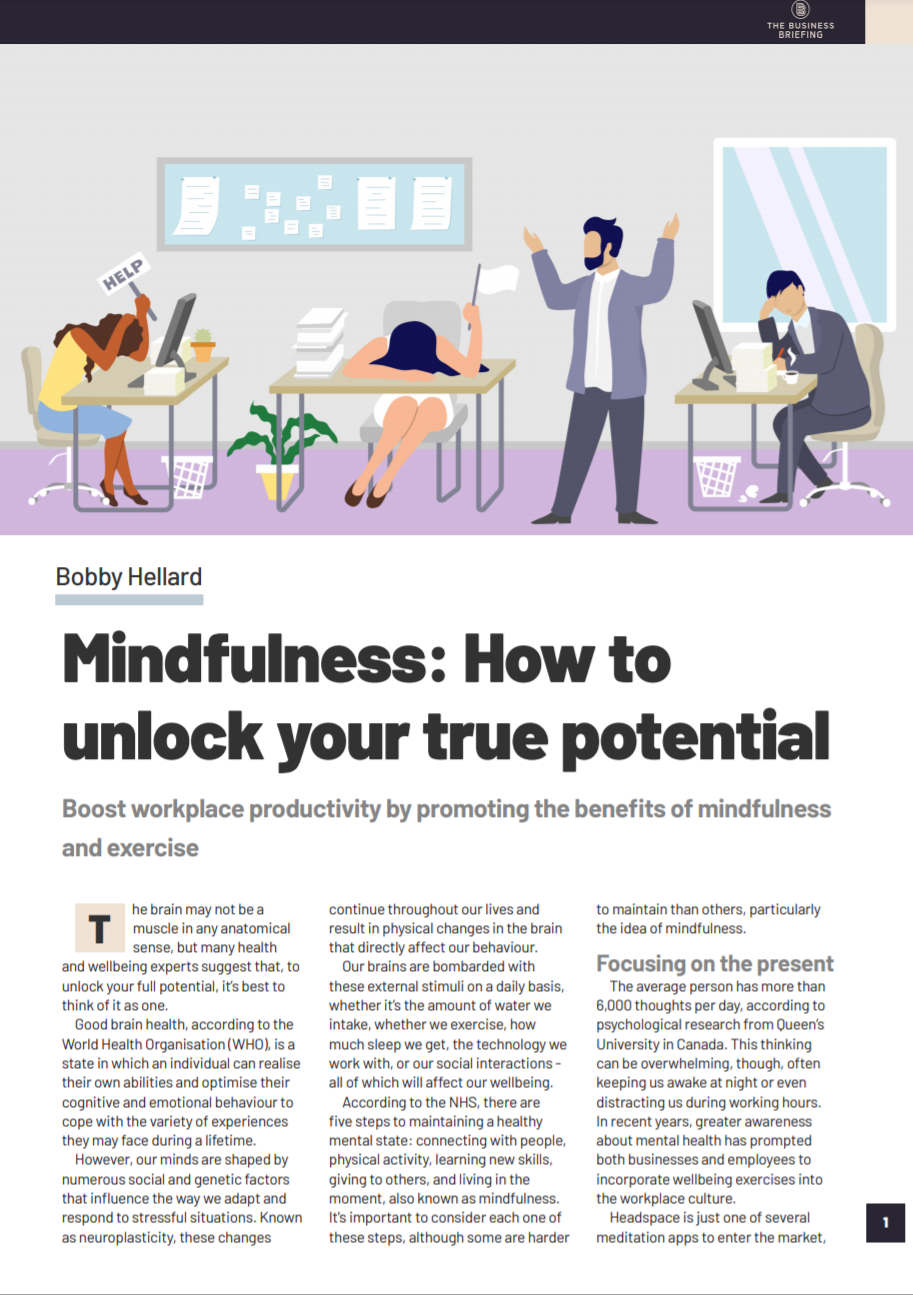Google, Facebook will require returning office staff to be fully vaccinated
Implementation of the policies will vary according to local conditions, the firms have said


Google and Facebook have announced that employees in the US will need to be fully vaccinated before they return to the office.
Google CEO Sundar Pichai said in an email to employees on Wednesday that the implementation of the policy “will vary according to local conditions and regulations” and will not apply until vaccines are widely available in an employee’s region.
“We’re rolling this policy out in the U.S. in the coming weeks and will expand to other regions in the coming months,” he said.
A spokesperson for Google told IT Pro that there’s no specific information for when this policy will apply to UK or EMEA employees.
Similarly, Facebook has announced that anyone coming to work at its US campuses must also be fully vaccinated.
“How we implement this policy will depend on local conditions and regulations,” said Lori Goler, Facebook’s vice president of People. “We will have a process for those who cannot be vaccinated for medical or other reasons and will be evaluating our approach in other regions as the situation evolves.”
Twitter, which opened its offices in New York and San Francisco two weeks ago, has decided to close them again following a recent update from the CDC.
Get the ITPro daily newsletter
Sign up today and you will receive a free copy of our Future Focus 2025 report - the leading guidance on AI, cybersecurity and other IT challenges as per 700+ senior executives
“After careful consideration of the CDC's updated guidelines, and in light of current conditions, Twitter has made the decision to close our opened offices in New York and San Francisco as well as pause future office reopenings, effective immediately,” a spokesperson told IT Pro. “We’re continuing to closely monitor local conditions and make necessary changes that prioritize the health and safety of our Tweeps.”
Furthermore, Google announced that it would extend its global voluntary work-from-home policy to October 18, as employees were originally scheduled to return on September 1. Google has also said it would let employees know at least 30 days in advance before transitioning into its full return to office plans.
RELATED RESOURCE

Mindfulness: How to unlock your true potential
Sample our exclusive Business Briefing content
Last year, Google said that employees could work from home until January 2021, before pushing it to July 2021, which then changed to September 2021 as it delayed the return to the office again. When employees return, they will have a “flexible workweek” which involves coming into the office three days a week under a pilot plan.
Facebook also previously stated that employees they could work from home until July 2021 and it would give staff $1,000 towards any home office equipment they needed. However, more recently, the company said that it will let employees who can work away from the office do so after the pandemic is over, as reported by the BBC.
Zach Marzouk is a former ITPro, CloudPro, and ChannelPro staff writer, covering topics like security, privacy, worker rights, and startups, primarily in the Asia Pacific and the US regions. Zach joined ITPro in 2017 where he was introduced to the world of B2B technology as a junior staff writer, before he returned to Argentina in 2018, working in communications and as a copywriter. In 2021, he made his way back to ITPro as a staff writer during the pandemic, before joining the world of freelance in 2022.
-
 IT professionals aren’t budging on flexible work demands – and more than half say they’ll quit if employers don’t meet expectations
IT professionals aren’t budging on flexible work demands – and more than half say they’ll quit if employers don’t meet expectationsNews Analysis from Randstad shows 40% of UK-based IT pros have quit over a lack of flexible work options, while 31% of workers globally have done the same.
By Ross Kelly
-
 'The tide seems to be turning towards office attendance': 64% of hybrid business leaders want staff back in the office – but many worry that enforcing RTO mandates will drive employees away
'The tide seems to be turning towards office attendance': 64% of hybrid business leaders want staff back in the office – but many worry that enforcing RTO mandates will drive employees awayAnalysis Many UK business leaders want their staff back in the office more frequently, but they’re scared to implement return to office (RTO) mandates in fear of worker revolts.
By George Fitzmaurice
-
 Employees are dead set on flexible working arrangements – three quarters would turn down a role that didn't offer hybrid options as work-life balance becomes more important than pay
Employees are dead set on flexible working arrangements – three quarters would turn down a role that didn't offer hybrid options as work-life balance becomes more important than payNews New research shows workers are increasingly demanding flexible working arrangements from employers.
By Emma Woollacott
-
 Nearly half of tech workers are seeking new roles – declining employee benefits and reduced flexible working options have staff looking elsewhere
Nearly half of tech workers are seeking new roles – declining employee benefits and reduced flexible working options have staff looking elsewhereNews While salaries are rising for tech workers, other benefits are in decline, leading to a fall in job satisfaction
By Emma Woollacott
-
 Untethered: How CIOs and CISOs are paving the way for the new hybrid workforce
Untethered: How CIOs and CISOs are paving the way for the new hybrid workforceWhitepaper Effective techniques to transition from exposed legacy infrastructure to an effective zero trust strategy
By ITPro
-
 Unified endpoint management and security in a work-from-anywhere world
Unified endpoint management and security in a work-from-anywhere worldWhitepaper Learn how to converge endpoint management and security processes and systems to drive efficiency and reduce risk
By ITPro
-
 How to empower employees to accelerate emissions reduction
How to empower employees to accelerate emissions reductionin depth With ICT accounting for as much as 3% of global carbon emissions, the same as aviation, the industry needs to increase emissions reduction
By Fleur Doidge
-
 Worldwide IT spending to grow 4.3% in 2023, with no significant AI impact
Worldwide IT spending to grow 4.3% in 2023, with no significant AI impactNews Spending patterns have changed as companies take an inward focus
By Rory Bathgate

